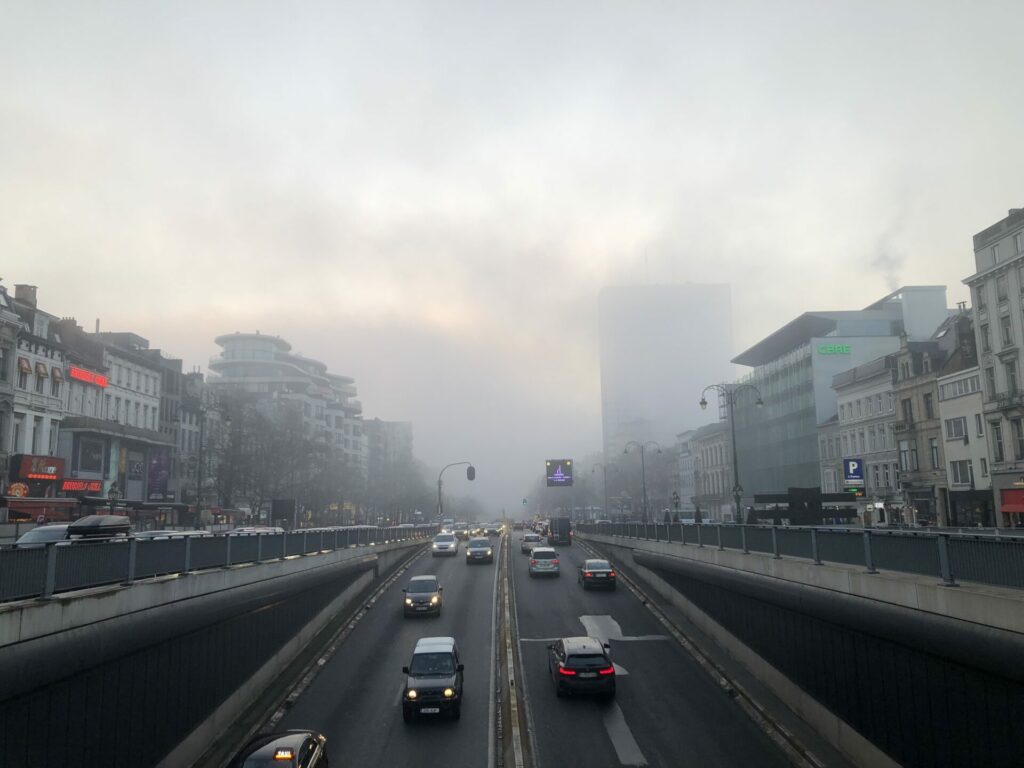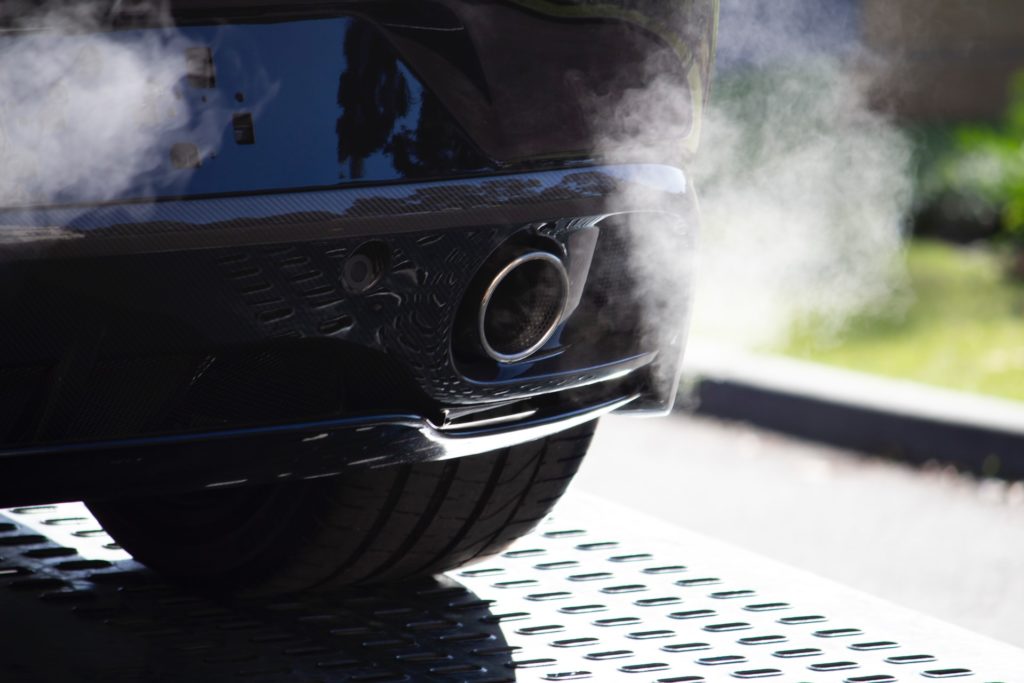The European Commission (EC) has decided against a large reduction to car emissions standards, in part due to the efforts of powerful EU automotive lobbies. Environmental activists have reacted angrily to the U-turn in the face of the growing environmental crisis.
According to internal EC documents leaked by Politico, the commission now intends to water down its plans to implement stricter Euro 7 emissions standards which would have demanded a reduction in air pollution for all types of combustion engines.
“Profit is more important than the health of millions of Europeans,” green NGO Transport and Environment’s emissions specialist, Anna Krajinksa, said in a press release. “This is the European Commission’s very own 'dieselgate' moment. The fact it ignores… advice is outrageous.”
Reduced ambition
The new Euro 7 were originally intended to set strict, sweeping limits on nitrogen oxides and particulate matter. Unlike the previous standard, Euro 7 will now also account for particulate matter created by the tires and brakes of vehicles.
The leaked commission documents suggest that the new standards will demand that new diesel vehicles meet the same emissions standards as petrol vehicles under Euro 6 emissions standards. Yet these are less ambitious reductions than previously proposed.
Under the current Euro 6 regulations, diesel vehicles cannot emit more than 80 milligrams per kilometre of NOx gases, and no more than 60mg/km for petrol vehicles. Euro 7 would therefore set the limit for new diesel vehicles at 60mg/km.
Euro 6 standards are credited with a 22% decrease in NOx emissions from cars and vans, and 36% from trucks and buses in 2014-2020. In the same period, particulate emissions dropped by 28% for light vehicles and 14% for heavy vehicles.
According to the draft law, the war in Ukraine, supply chain difficulties, and rising costs had caused the EC to rethink the ambition of its new emissions standard.
“In the light of the current geopolitical and economic circumstances, a final review has been made to ensure up-to-date considerations for the automotive industry and consumers… Demand and sales of motor vehicles have dropped and the investment needs for the green transformation are increasing,” the document stated.
A win for the automotive lobby
The Commission’s revision of emission standards are, it states, an effort "to improve the affordability of cars and vans." It is a win for car manufacturers, who will have to adhere to less rigorous criteria and the lobbyists who petitioned the EC against ambitious emissions targets.
For months, the car lobby has argued that Euro 7 reductions are unnecessary. On 25 October, CEO of automotive company Stellantis, Carlos Tavares, argued that Euro 7 plans were a “diversion from the major goal of electrification.”
“I don’t think Europe needs Euro 7… it is going to divert part of our research and development power to something we don’t need, while our Chinese competitors enter the market with the single technology of battery-electric vehicles,” Tavares said at a conference in Berlin.
Car manufacturers have openly lobbied against tightened emissions regulations for several years. The European Automobile Manufacturers Association is one of the largest lobbying forces in the EU, spending around €2.75 million each year, more than double the amount of the largest digital sector trade association.

Porte de Namur in Brussels. Credit: Ugo Realfonzo/ The Brussels Times
According to Kraijinska, the auto industry lobby had “fiercely opposed Euro 7, using a variety of dirty tricks to influence decision-makers.” Now, the commission has given into their demands. “If they won’t improve the shockingly weak proposal for cars and vans, it should be scrapped entirely,” Krajinksa argued.
The Commission's Transport and Environment department states that the new lax emissions standards will lead to an additional 100 million polluting cars on the road. The group estimates that emissions from road transport, especially nitrogen oxides and particulate matter, accounted for around 70,000 premature deaths each year.
Related News
- Belgium adapts its air quality index to the latest WHO recommendations
- LEZ cuts air pollution in EU cities, including Brussels
- 9 million deaths per year caused by pollution
The new Euro 7 draft law is expected to be published by the Commission on 9 November, and enter into force in 2025. The EU intends to slowly phase out the sale of new internal-combustion vehicles by 2035.
By 2035, new vehicles on the EU market will need to reduce their CO2 emissions by 100%. The car lobby has repeatedly pushed back against these plans, arguing that advancements in the accessibility of electric vehicles need to be made before such a ban can take place.

